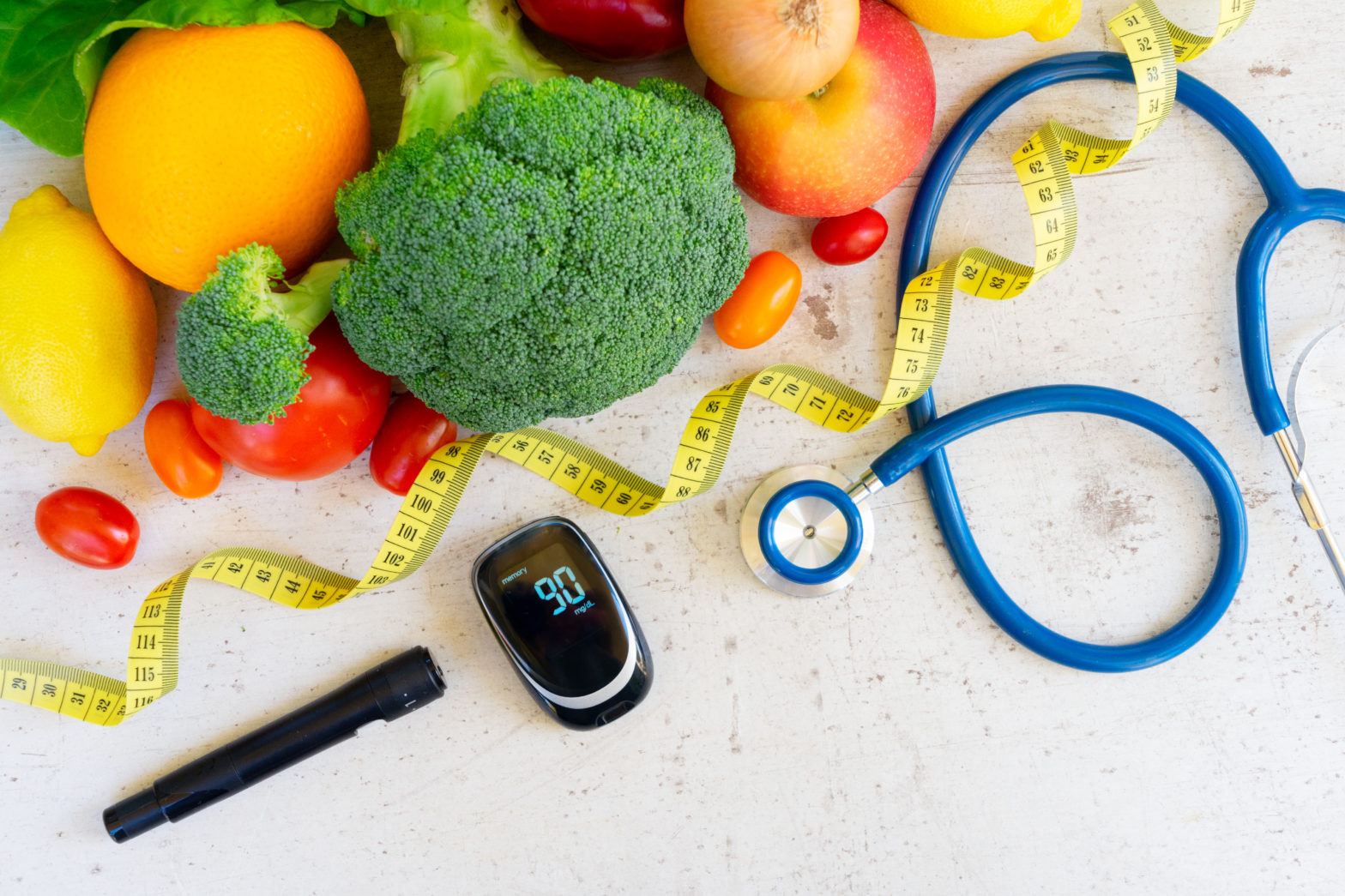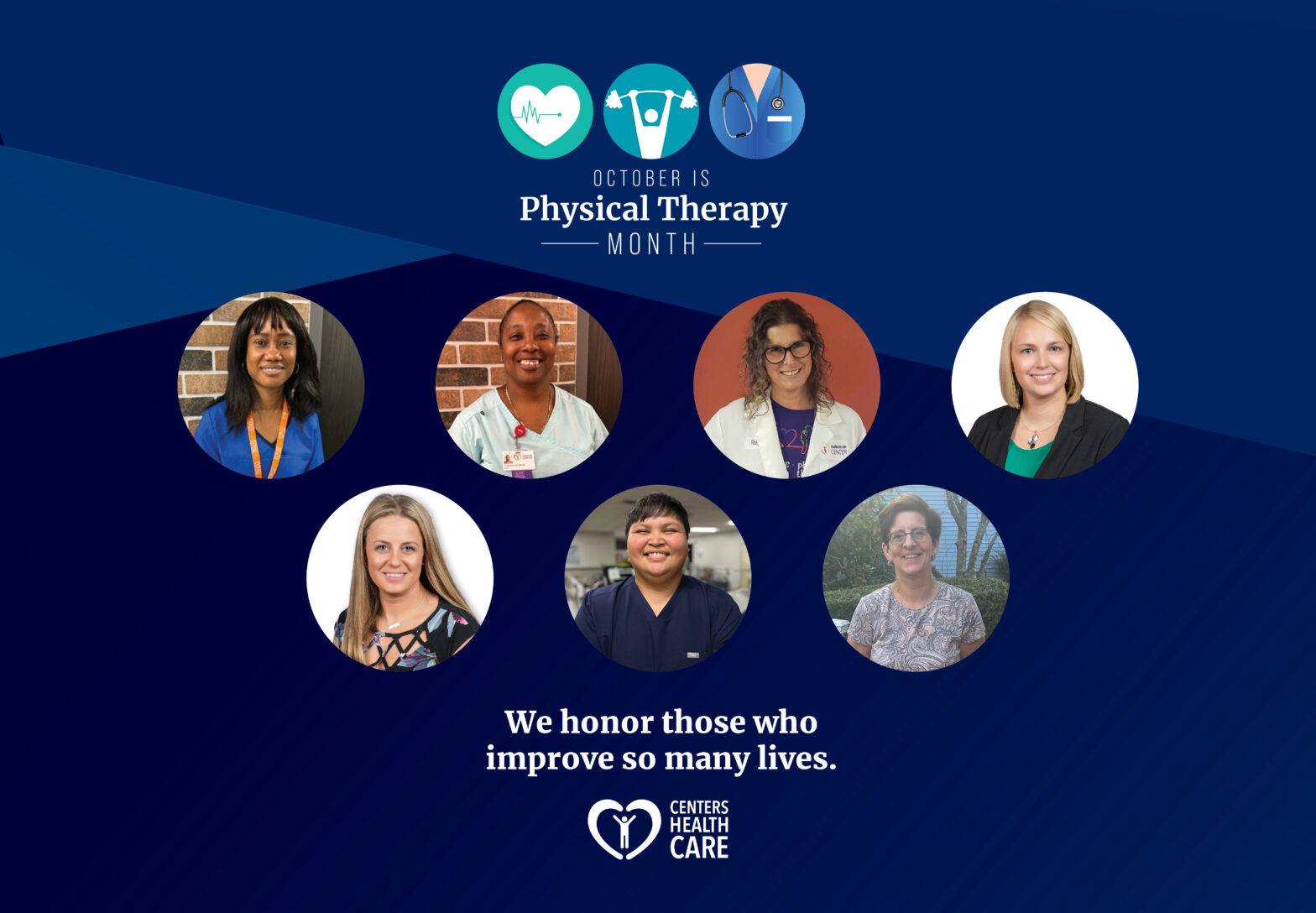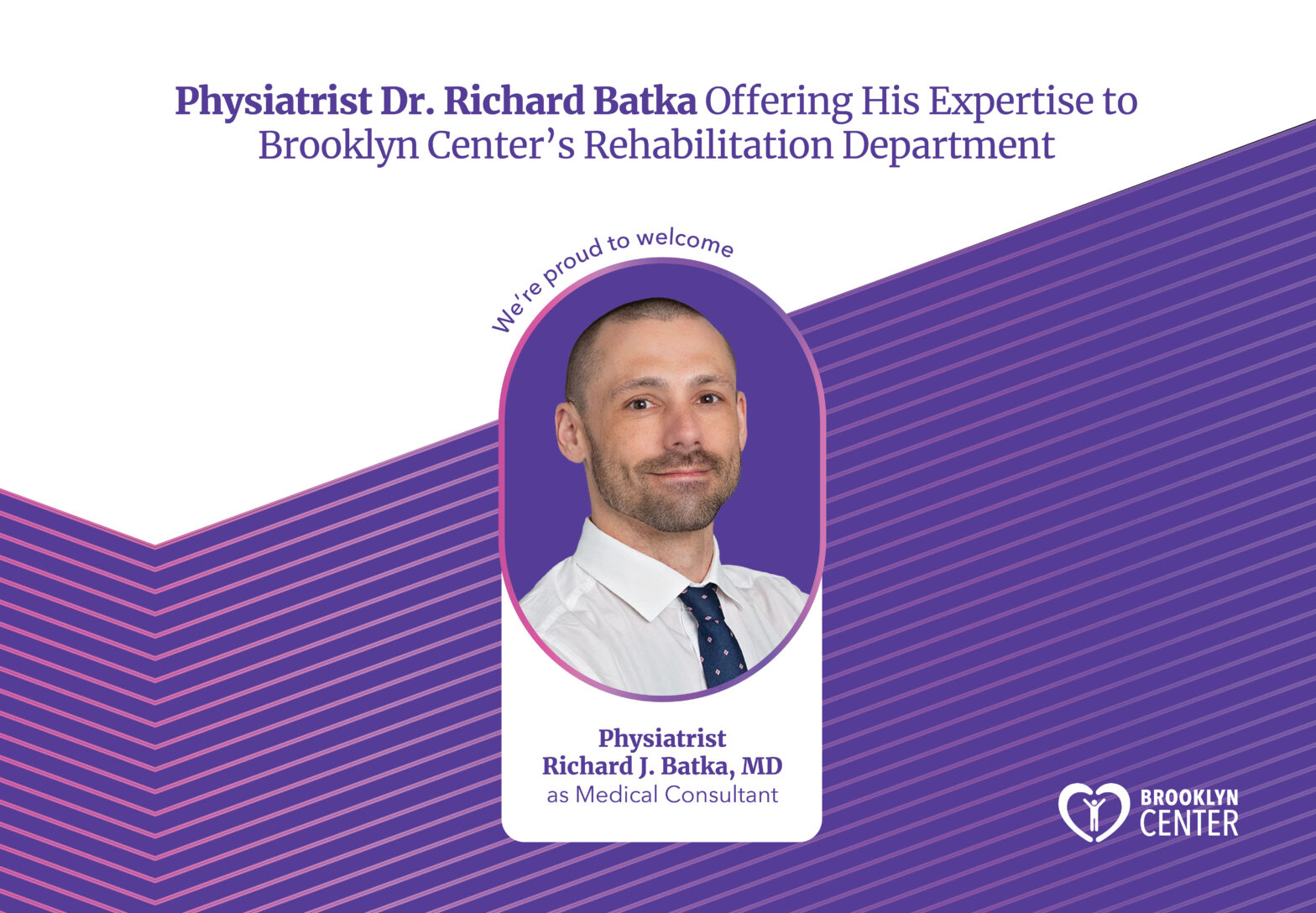May 05, 2022
5 Natural Ways to Lower Blood Pressure

High blood pressure is one of the most common health issues for not only seniors but for all Americans. The U.S. Centers for Disease Control and Prevention (CDC) reports that one in three adults in the United States has high blood pressure—otherwise known as hypertension.
While doctors can prescribe medication to help lower blood pressure, your first option should be to try and lower it naturally. Even with medication, lifestyle changes are necessary to get the medicine to work properly.
Centers Health Care has details on five ways you can lower your blood pressure without medication.
- Consume Less Salt
With prepackaged food, salty snacks, and an overreliance on restaurant food, the average American is having way too much sodium—3,500mg, to be exact, which is more than double the daily recommended allowance by the American Heart Association. But by consuming the recommended amount of 1,500mg per day, you can lower your blood pressure by five or six points.
- Increase Potassium Intake
The foods mentioned above are also low in potassium, which also helps regulate blood pressure. It’s recommended to get at least 3,000mg of potassium daily, and good sources include bananas, tomatoes, and many vegetables.
- Exercise Regularly
Aerobic exercise, also known as cardiovascular exercise, is a great way to lower blood pressure by forcing blood vessels to expand and contract and increasing blood flow. At least 150 minutes per week of moderate-intensity aerobic exercise can lower blood pressure numbers by five to eight points.
- Don’t Smoke and Limit Alcohol Use
It’s recommended that men don’t have more than an average of two drinks per day, and that number is just one for women. If you’re drinking more than that, dropping back down to the average can lower your blood pressure. Smoking damages the lining of blood vessels, as does high blood pressure, so smoking can be a double whammy of sorts.
- Get Enough Sleep
You should aim for seven to nine hours of sleep per night, and try to go to bed and wake up around the same time each day. Regular sleep helps keep your blood pressure from fluctuating, which doctors say can be as much of a risk of heart disease as high blood pressure.


